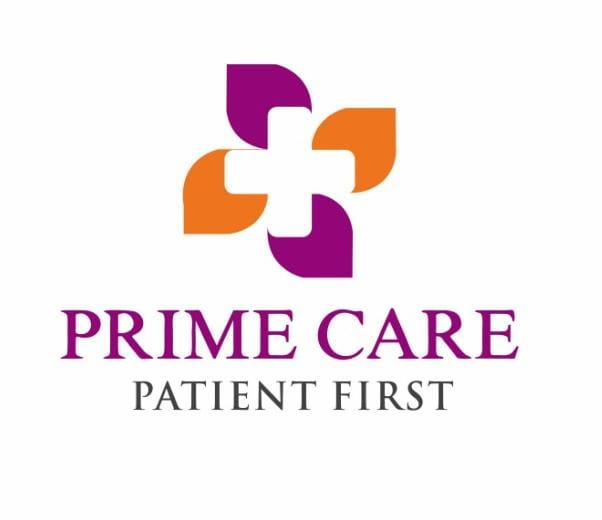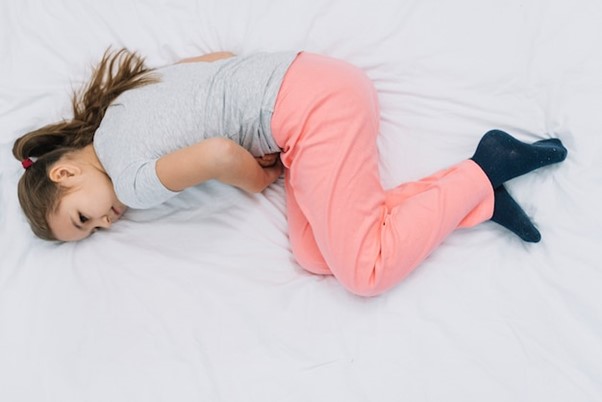Urinary tract infections are a widespread health issue for children, caused by bacteria entering the urinary tract. While the urinary tract normally flushes out bacteria through urination, sometimes bacteria can linger and cause infections. UTIs can affect the bladder or kidneys and require prompt treatment to prevent serious complications.
What Causes UTIs in Children?
The most common cause of UTIs in children is a bacteria called E. coli, which usually comes from the intestines. Infections can occur when bacteria from the skin around the anus or genital area enter the urinary tract. Children are more likely to develop UTIs due to factors like poor toilet hygiene, infrequent urination, or tight-fitting clothes. Girls are more prone to UTIs due to the anatomical position of their urethras, making it easier for bacteria to enter.
What Are the Symptoms of a UTI in Children?
Symptoms of a UTI can vary based on the age of the child and the severity of the infection. In younger children, symptoms may be vague and include:
- Fever
- Poor appetite
- Vomiting or diarrhoea
- Irritability or fussiness
If the infection is in the bladder, additional symptoms may include:
- Pain or burning during urination
- Cloudy or foul-smelling urine
- Frequent urination
- Blood in the urine
If the infection reaches the kidneys, symptoms may become more intense, including a high fever, chills, pain in the side or back, nausea, and severe abdominal pain.
How Is a UTI Diagnosed in Children?
To diagnose a UTI, your child’s doctor will need a urine sample. This may be collected using a urine collection bag, or in some cases, a catheter might be used for more accurate results. Following sample collection, your doctor may analyze the urine with a urinalysis to look for infection signs or a urine culture to find the specific bacteria causing the issue.
In some cases, additional tests such as kidney and bladder ultrasounds or X-rays may be recommended to assess for any abnormalities in the urinary tract.
How Are UTIs Treated in Children?
Most UTIs are treatable with antibiotics. The antibiotic prescribed will depend on the specific type of bacteria responsible for the infection and the severity of the condition. For minor infections, your child may be treated with oral antibiotics at home. However, if the infection is more serious, especially a kidney infection, hospitalization and IV treatment may be necessary.
It’s essential to complete the entire course of antibiotics, even if your child begins to feel better, it’s important to complete the treatment to ensure the infection is fully treated.
What Can You Do to Help Prevent UTIs in Your Child?
To reduce the likelihood of UTIs, encourage your child to follow these habits:
- Drink plenty of fluids
- Urinate regularly and avoid holding it in for long periods
- Wipe from front to back to avoid transferring bacteria to the urethra
- Wear loose-fitting clothes and avoid bubble baths, especially for girls
Maintaining proper hygiene and promoting healthy toilet habits are key to preventing UTIs in children.
If your child shows symptoms of a UTI, it’s important to get them checked promptly. Early medical intervention is crucial for preventing serious complications. At Prime Care Hospital, we provide expert care for children with UTIs, ensuring quick diagnosis and effective treatment. Our specialists are ready to help your child feel better and stay healthy. For more information or to schedule an appointment, contact us today.


